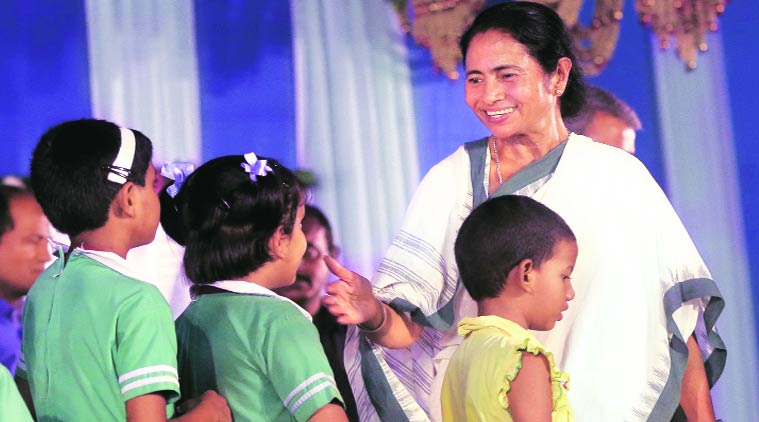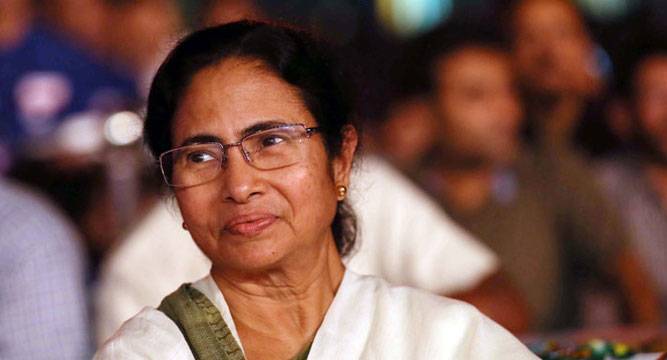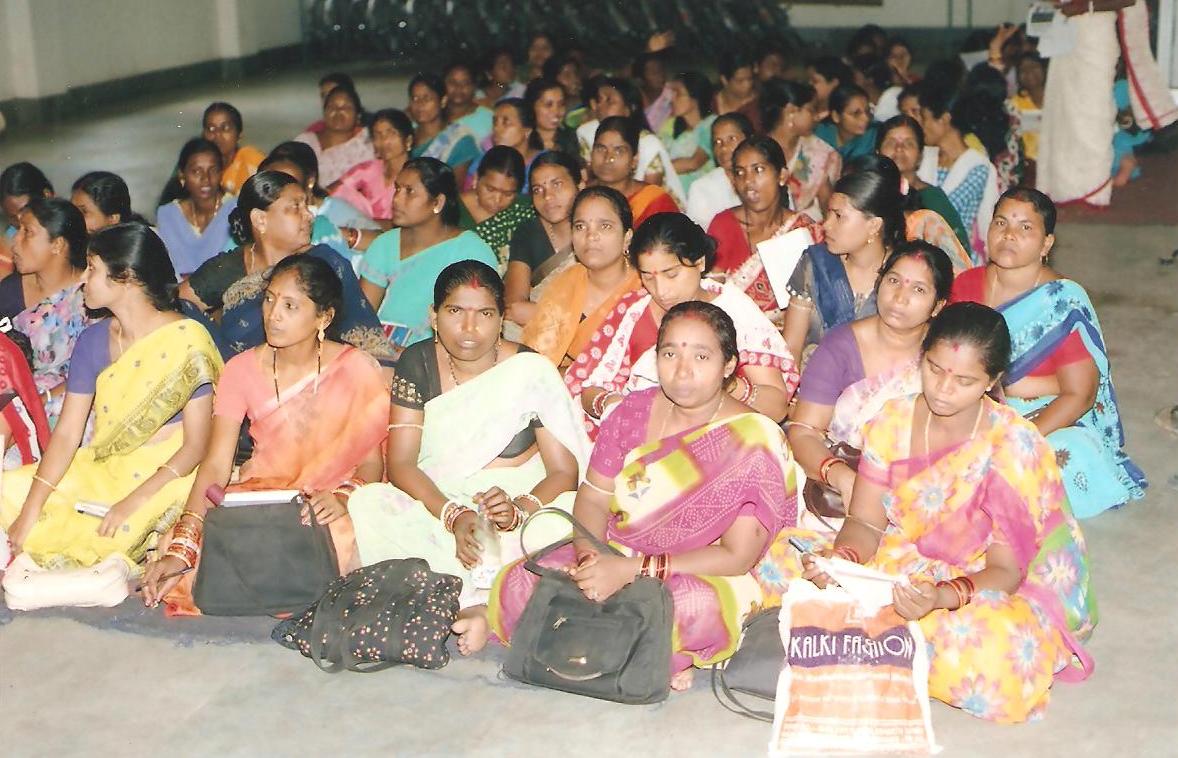As child protection is the core mandate of the Integrated Child Protection Scheme (ICPS), a number of child protection committees (CPC) – community-based child protection mechanisms – have been formed at the village level (VLCPC), ward level (WLCPC) and block level (BLCPC).
As on December 31, 2017, VLCPCs have been formed in 41,899 villages out of the total of 46,505 villages in the State, WLCPCs in 1,702 out of the 2,900 wards and BLCPCs in 340 out of the 341 blocks. Hence, the Government has covered almost the entire State and the rest would be covered soon.
The first phase of training of the master trainers at the district level on standardised child protection committee (CPC) modules has been completed in all the districts. These master trainers would then train officers at the block level.
The Directorate of Child Rights and Trafficking (DCRT) has undertaken several important initiatives to ensure inter-State and inter-departmental cooperation and coordination in combating trafficking of children.
One such initiative was the formulation of State Plan of Action to Combat and Prevent Human Trafficking (SPAHT) in December 2016. Currently it is being rolled out in the districts of South 24 Parganas and Jalpaiguri, where the incidence of trafficking is considerably high.
Various community awareness programmes have been undertaken at the grassroots level to spread awareness on the issue of trafficking including sensitisation of ICDS workers, school students, teachers, para-legal volunteers, police, etc. Local folk artistes are also trained to spread awareness on human trafficking.
Child-friendly police stations have been set up in Sonarpur and Kulti in South 24 Parganas. Adolescent groups and Kanyashree Clubs have been formed which are working as watchdogs in the communities to prevent human trafficking.
The DCRT gives special emphasis on trafficked victims and matters related to their restoration and repatriation. It also organises continual capacity building of State and district stakeholders on child rights, missing children and trafficked persons.
All these work are overseen by the Women and Child Development and Social Welfare Department.






